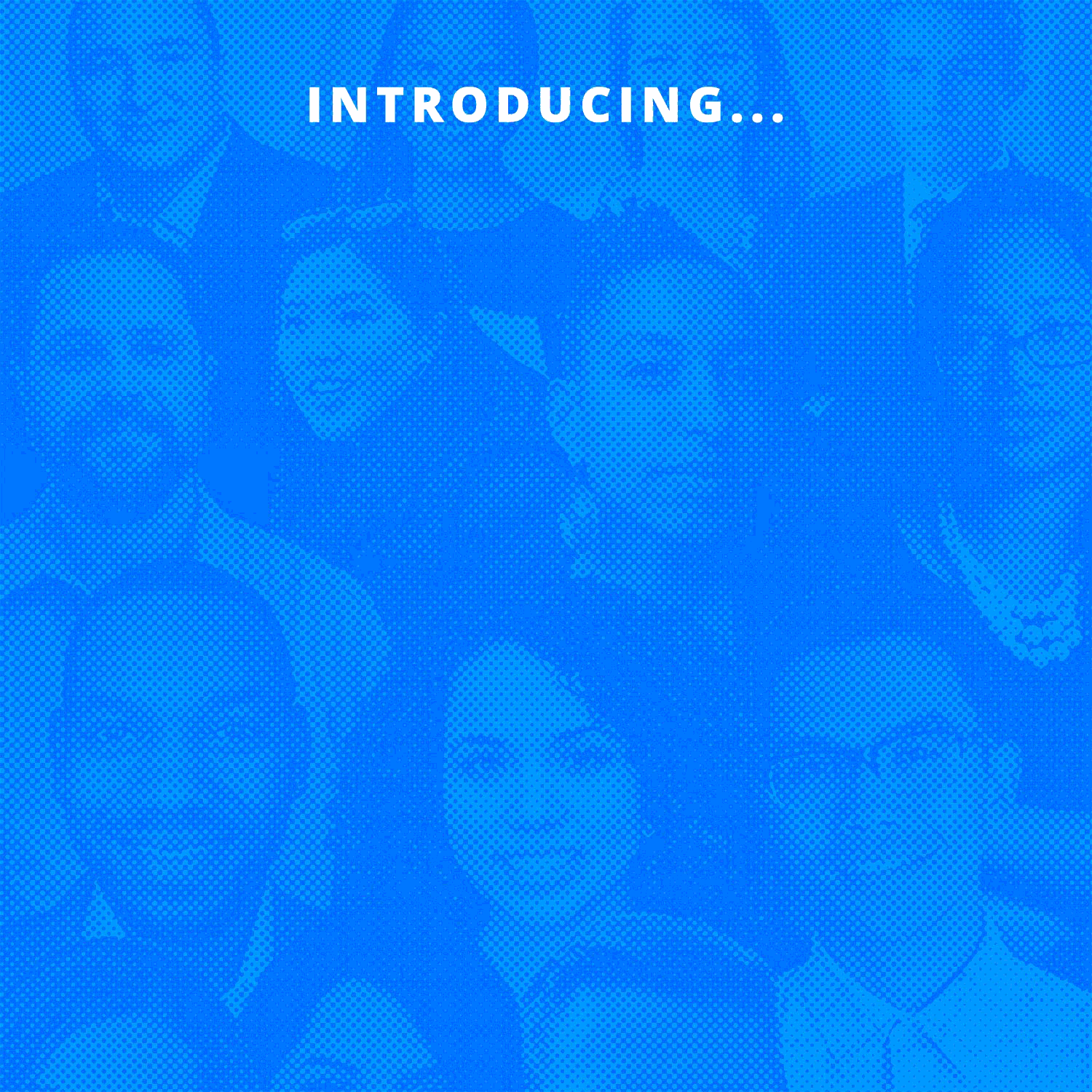See full article in Fast Company Magazine
“Each year, the environmental news site Grist makes a list of 50 innovators working on creative and ambitious solutions to challenges like climate change. “There’s a lot of bad news these days, and I think we’re really intentionally trying to tell stories about what’s possible,” says Andrew Simon, director of content at Grist. Here are a handful of the “fixers” in this year’s edition of the Grist 50”
Linda Cheung, CEO and cofounder of Before It’s Too Late
In Miami, where sea-level rise is already leading to more frequent flooding, hundreds of thousands of homes are at risk of chronic flooding in the coming decades. The city’s drinking water supply is also at risk. Linda Cheung’s nonprofit, Before It’s Too Late, uses murals and augmented reality to make the problem visible now so people understand the urgency of taking action now.
Rhiana Gunn-Wright, policy director, New Consensus
While working on Abdul El-Sayed’s unsuccessful 2018 campaign for governor in Michigan, Rhiana Gunn-Wright became aware of the links between climate action and public health issues from pollution such as asthma and elevated cancer risk. Gunn-Wright, a young black woman who had thought of climate change as an issue for wealthy and white environmentalists, ended up joining New Consensus, the think tank behind the Green New Deal. She helped shape the resolution to include universal healthcare and a federal jobs guarantee so that it takes on poverty and inequality as part of the transition to a clean economy.
Brandon Dennison, CEO of Coalfield Development
As the coal industry collapses in West Virginia and unemployment rises, Brandon Dennison, a sixth-generation West Virginian, is helping train people for new jobs in solar power, sustainable agriculture, green construction, and other types of work. Reclaim Appalachia, one of the social enterprises that is part of Dennison’s organization, Coalfield Development, also helps convert former coal mines for new uses, such as a solar-powered aquaponics farm.
Michael Ford, cofounder of the Urban Arts Collective
In a free after-school program called Hip Hop Architecture Camp, kids who might not have considered architecture or urban planning as a career learn about design through hip-hop. Michael Ford, an architect who helped start the program, wanted to address the fact that only 2% of licensed architects now are African-American–and design choices lead to sustainability challenges like pollution or contaminated drinking water.”

